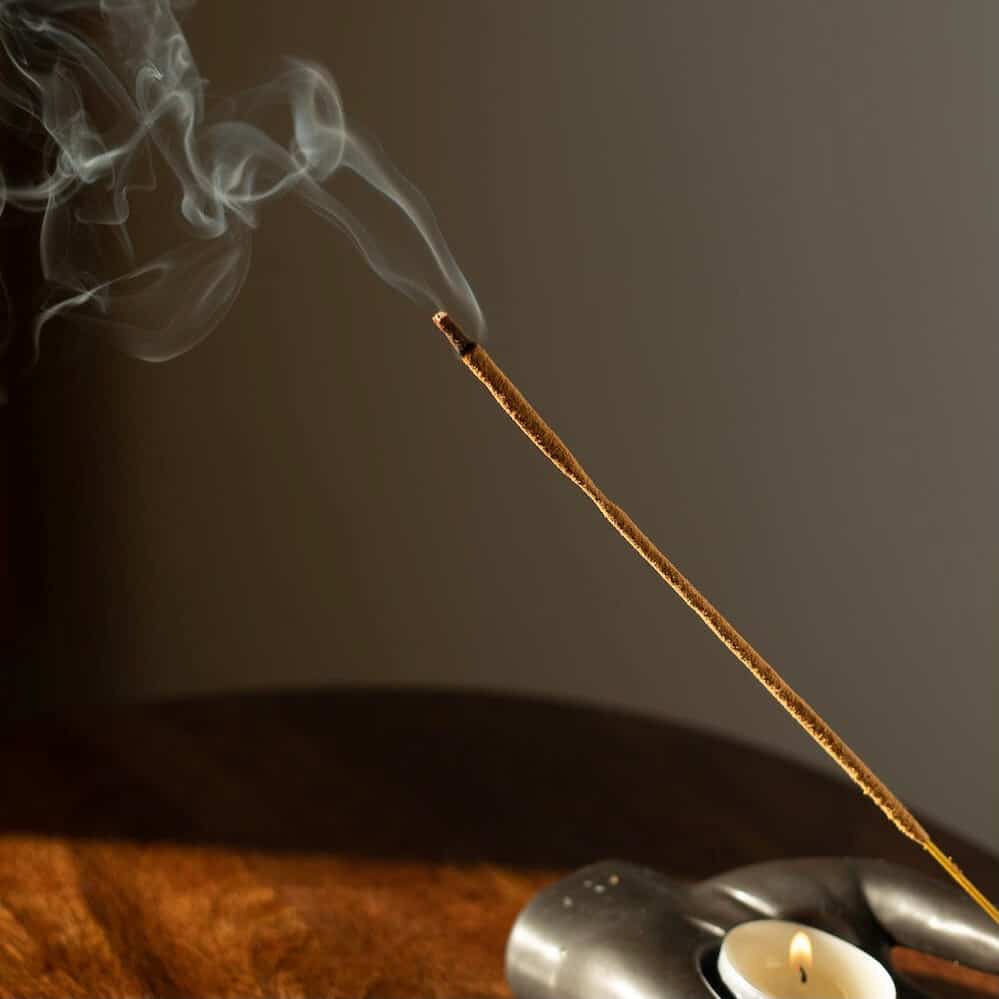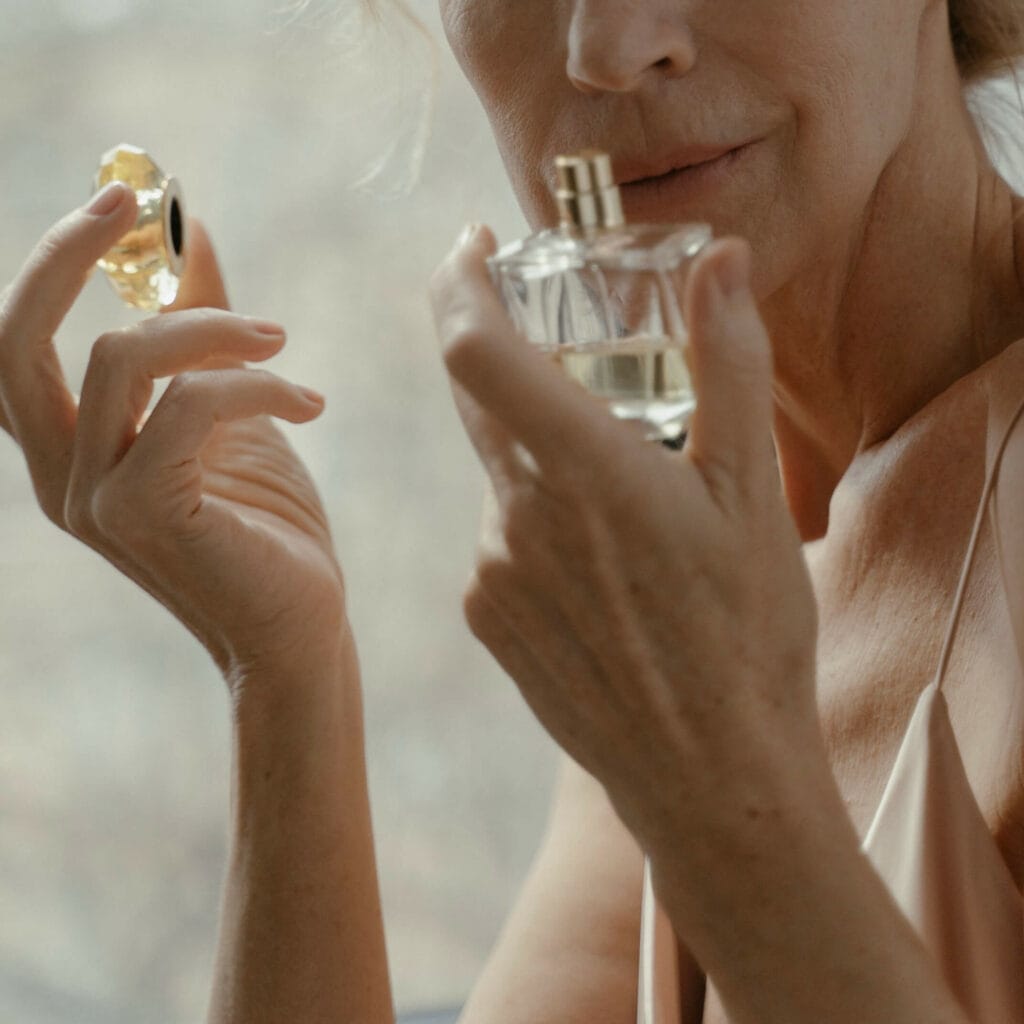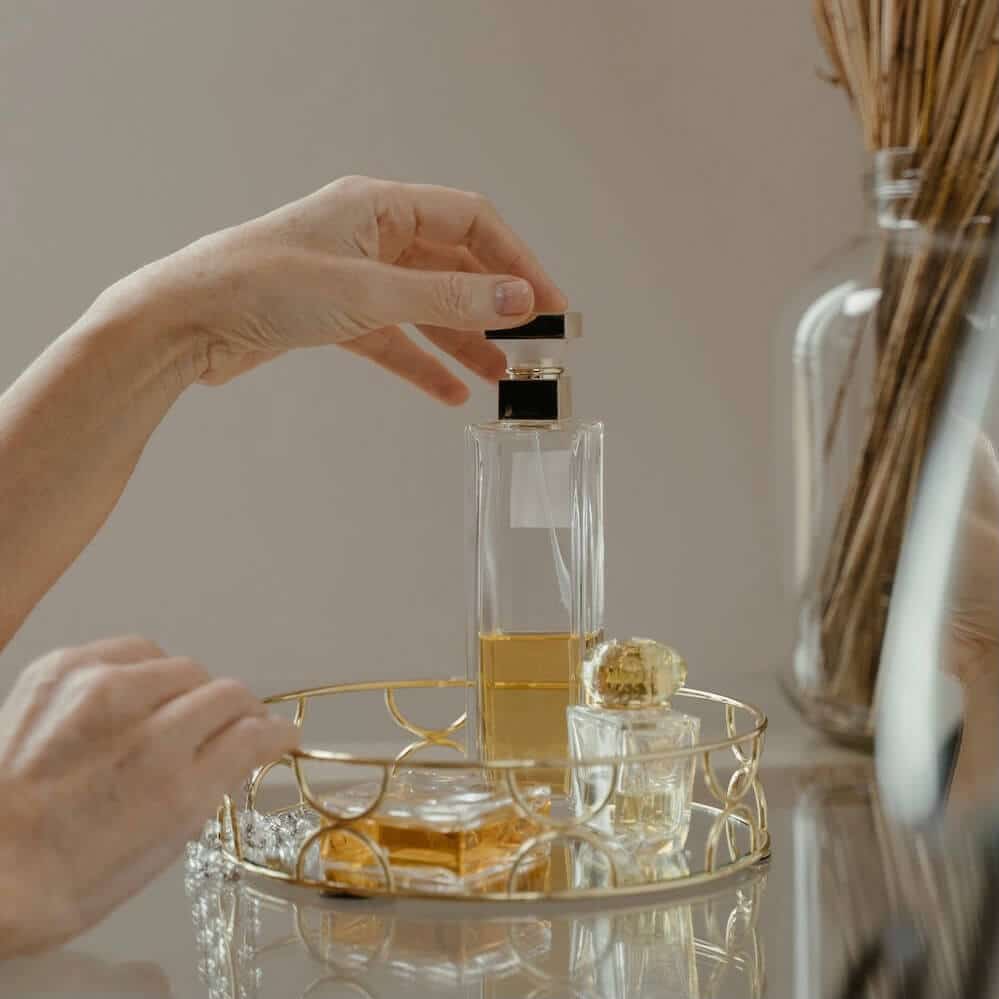Since ancient times, fragrance has held great significance in the natural world and the daily lives of humans. The term "perfume" actually comes from "per fume," which means "through smoke," referring to the smoky essences and the powerful scent released during ancient rituals and divine worship.

During the Middle Ages, there was a decline in the field of perfumery. However, the Renaissance marked its resurgence, especially among the nobles who used perfumes to mask their body odors. Additionally, European explorers returned with new raw materials, introducing scents like cocoa, vanilla, and tobacco to be explored in perfumery. During that era, perfume was custom-made, primarily using carefully selected natural materials, catering to a privileged segment of the population. The bottle was a personal and highly precious work of art, often personalized, and the bourgeoisie of the time took pleasure in having it refilled as needed by their preferred perfumer.
Later on, the extravagant kings of Versailles embraced the captivating theme of perfumery, turning it into a genuine way of life that reflected luxury and France's image. From then on, Grasse became the perfume capital, with its flourishing fields and exceptionally high-quality raw materials.
Furthermore, during this time, perfumers began to establish themselves in Paris, and the French nobility developed a fondness for small accessories combined with perfumes and tinctures, like scented gloves. In 1956, the French guild of perfumed glove makers was even formed.


It's in the 19th century that we witness the beginnings of what we can consider as "modern perfumery." Perfumers started offering series of bottles for sale, creating ranges and recognizable scents. It was no longer just about gloves, cases, and scented accessories; it was now a genuine and valuable proposition from perfumers, consisting of a unique fragrance, its corresponding bottle, and an evocative name.
The period between 1900 and 1950 is often referred to as the "Golden Age" of perfumery. This era saw the emergence of what are now considered classics, defining moments in perfumery history, such as the iconic Shalimar by Guerlain.
Fashion designers also began to see perfume as an integral part of fashion. The famous Chanel No.5, Miss Dior, and L'Air du Temps by Nina Ricci are examples. Soon, many designers wanted and offered their own fragrances, recognizing that it was an essential element that complemented an outfit.
From the 2000s to the present day, we observe a genuine democratization of perfume, with ready-to-wear brands embracing it. Perfume has become an essential tool of seduction and is available in numerous forms and products, catering to the olfactory pleasure of everyone.